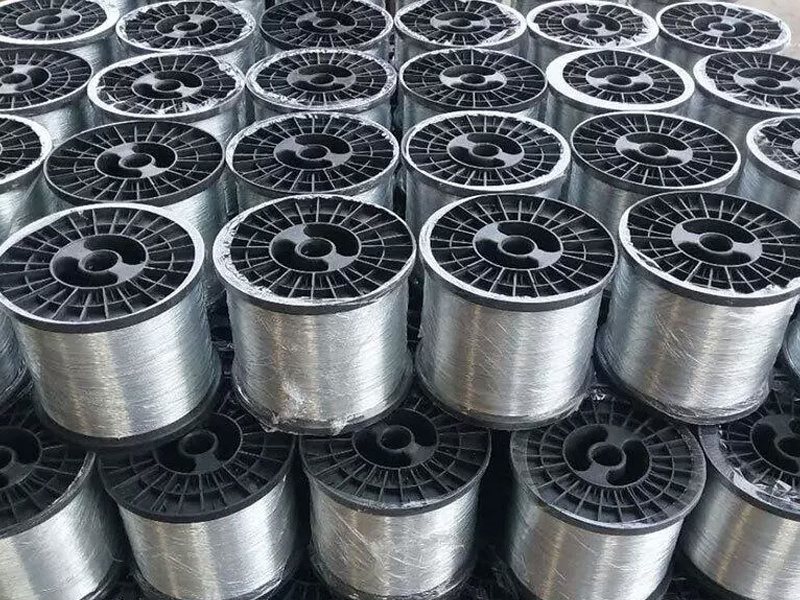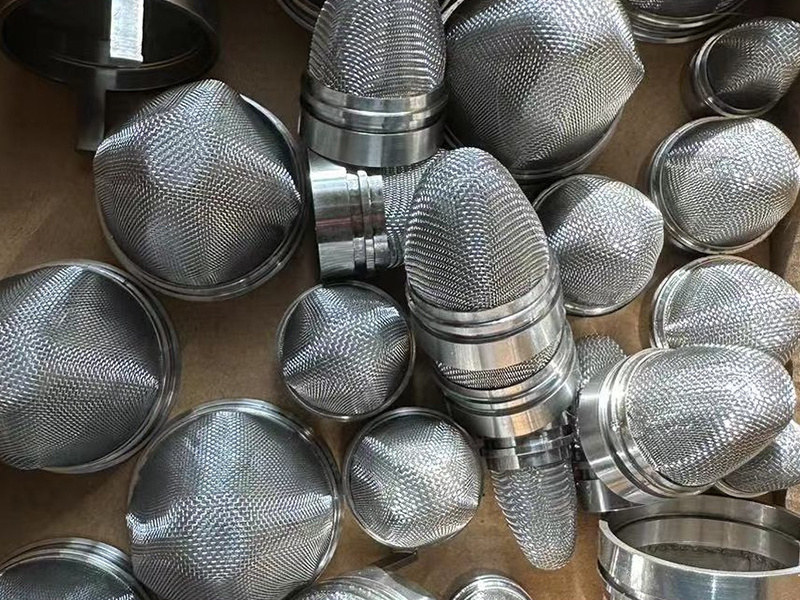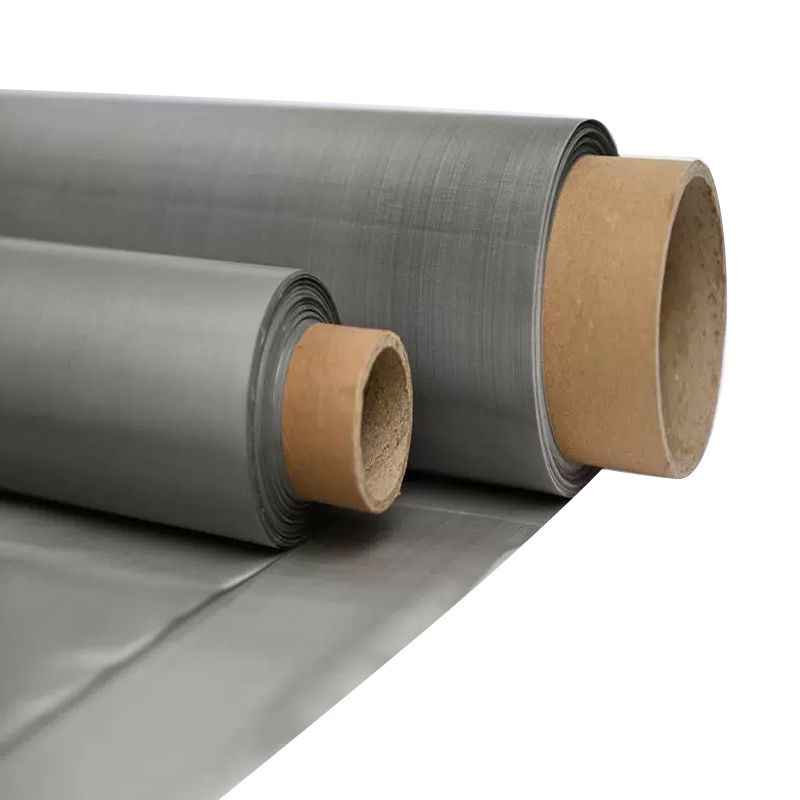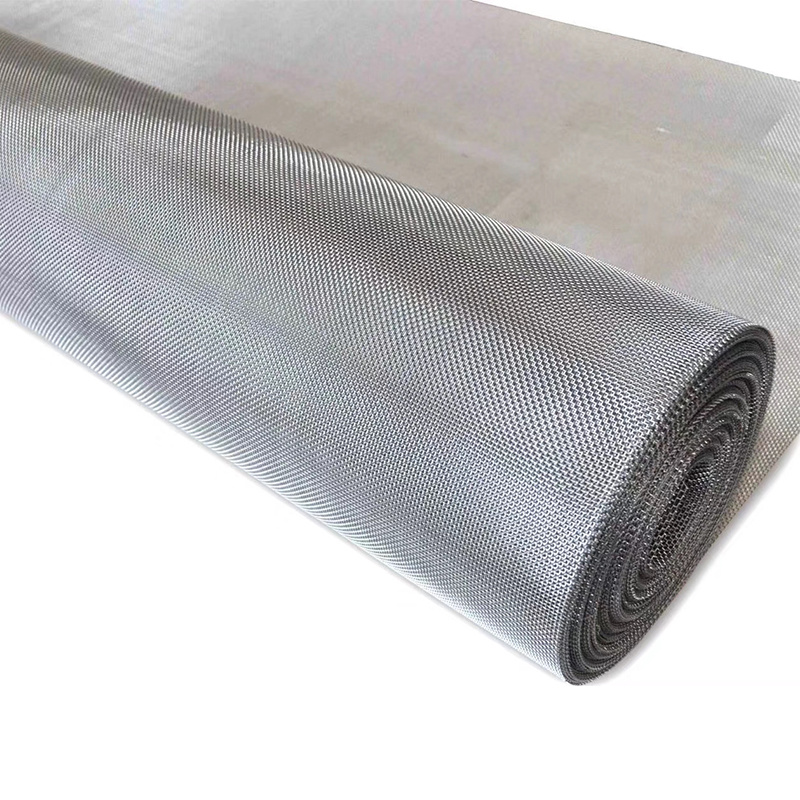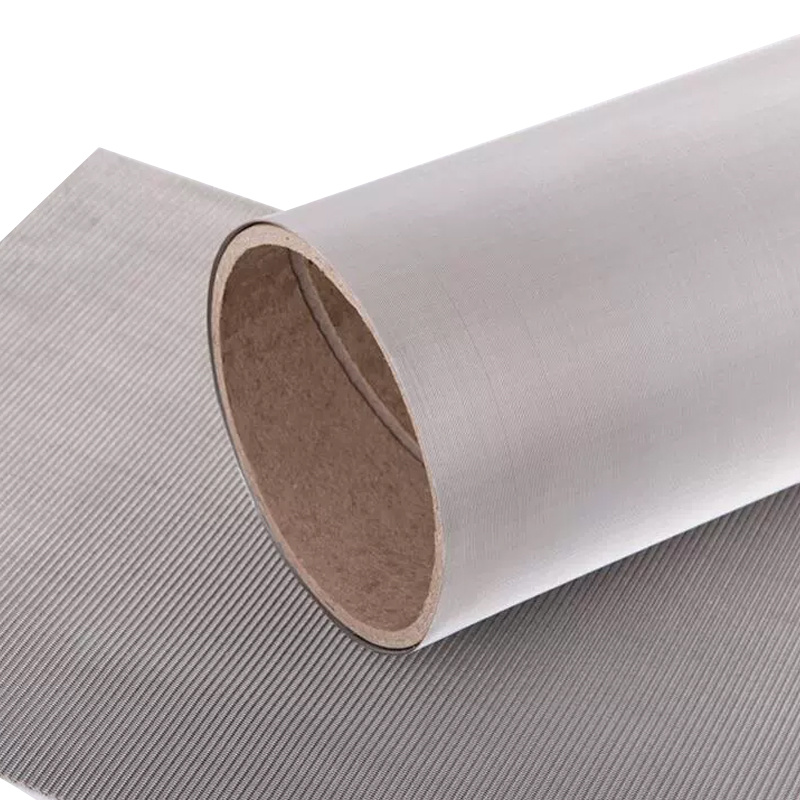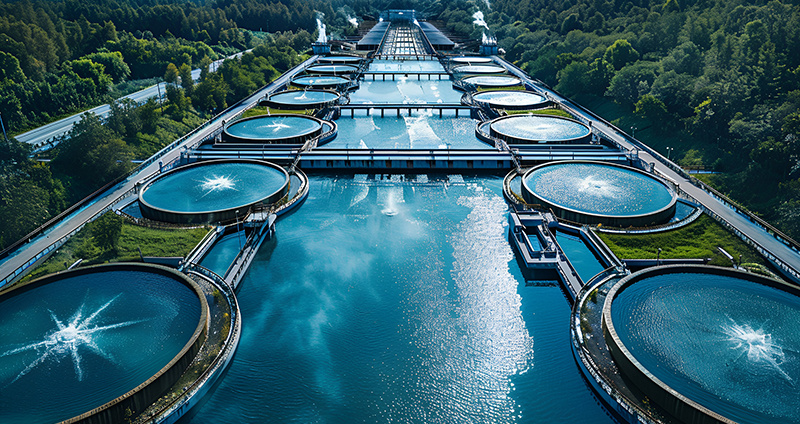Solution: How to Effectively Use a Filter in Industry Solutions
May 31,2025
Understanding the Power of a Filter
Hey there! Ever thought about how a simple filter can change the game in various industries? From manufacturing to digital marketing, filters play a crucial role in streamlining processes and enhancing decision-making. Let’s dive deeper into how these handy tools work and why they’re essential in today’s fast-paced world.
What Exactly is a Filter?
In a nutshell, a filter is a mechanism that separates elements based on certain criteria. Whether it’s sifting through data, purifying air, or even refining a product, filters help us focus on what’s important while discarding the noise. Sounds neat, right?
Why Filters Are a Must-Have
Now, you might be wondering, "Why should I care about filters?" Well, here’s the thing: they can save time, money, and resources. In industries like manufacturing, using a quality filter can lead to better product output and reduced waste. Talk about efficiency!
Types of Filters in Various Industries
Let’s break it down, shall we? Different industries utilize filters in unique ways. Here’s a quick look:
1. Manufacturing Filters
In manufacturing, filters can be physical or digital. Physical filters, like those used in air purification systems, help maintain a healthy work environment. On the other hand, digital filters in data processing are crucial for analyzing big data, allowing companies to extract meaningful insights without drowning in information.
2. Marketing Filters
In the realm of digital marketing, filters are used to segment audiences and tailor campaigns. By filtering out irrelevant data, marketers can focus their efforts on high-converting leads. It’s all about precision, folks!
3. Environmental Filters
Environmental industries rely on filters to clean water and air, ensuring a sustainable future. These filters not only protect our health but also preserve our planet. Who wouldn’t want that?
Implementing Filters: Best Practices
Alright, let’s switch gears. If you’re considering integrating filters into your operations, here are some best practices to keep in mind:
1. Identify Your Needs
First things first, assess your objectives. What are you trying to achieve with a filter? Defining your goals will help you choose the right type.
2. Choose the Right Technology
With so many options out there, selecting the right technology can be daunting. Look for reliable vendors and conduct thorough research to find the best match for your needs.
3. Regular Maintenance
Once you’ve installed a filter, don’t forget about maintenance. Regular checks will ensure optimal performance and longevity. After all, no one likes a clogged filter!
The Future of Filters in Industry Solutions
As technology evolves, so do filters. We’re witnessing advancements in AI and machine learning, which allow for smarter filtering processes. Imagine a world where filters not only sift through data but also learn from it! How cool is that?
Final Thoughts
So there you have it! Filters aren’t just some fancy gadget; they’re essential tools that can drive efficiency and innovation across various industries. Whether you’re looking to enhance productivity or make better decisions, implementing the right filters can pave the way to success. Now, go forth and filter your way to greatness!
Hot Tags:


